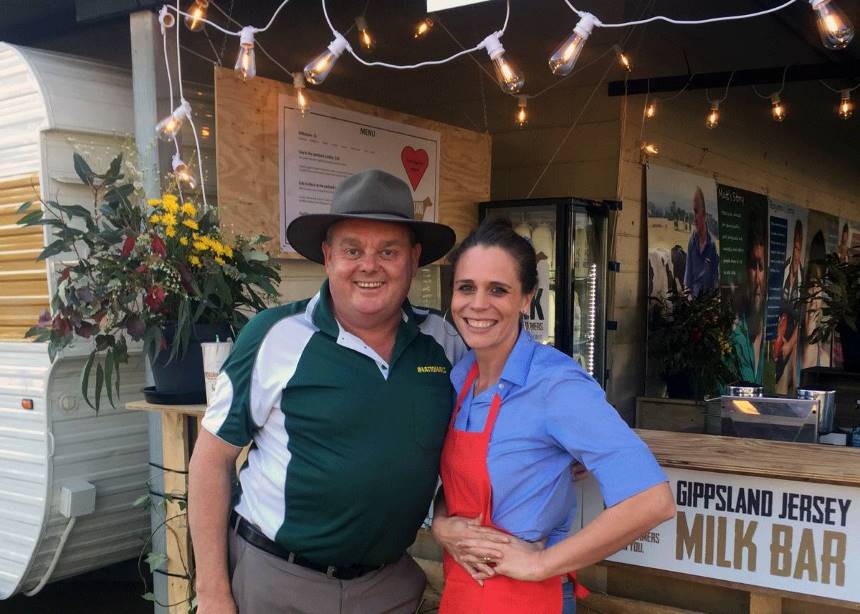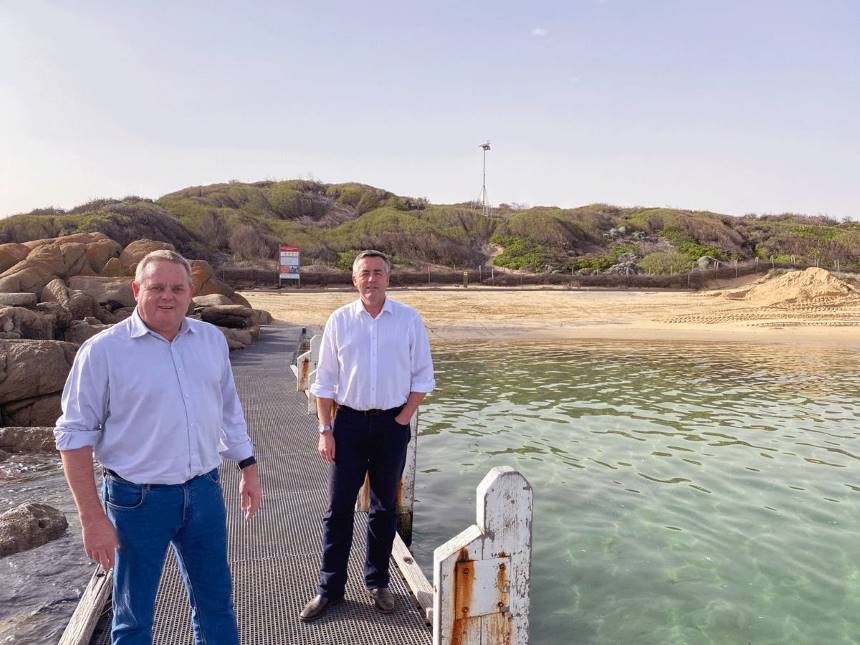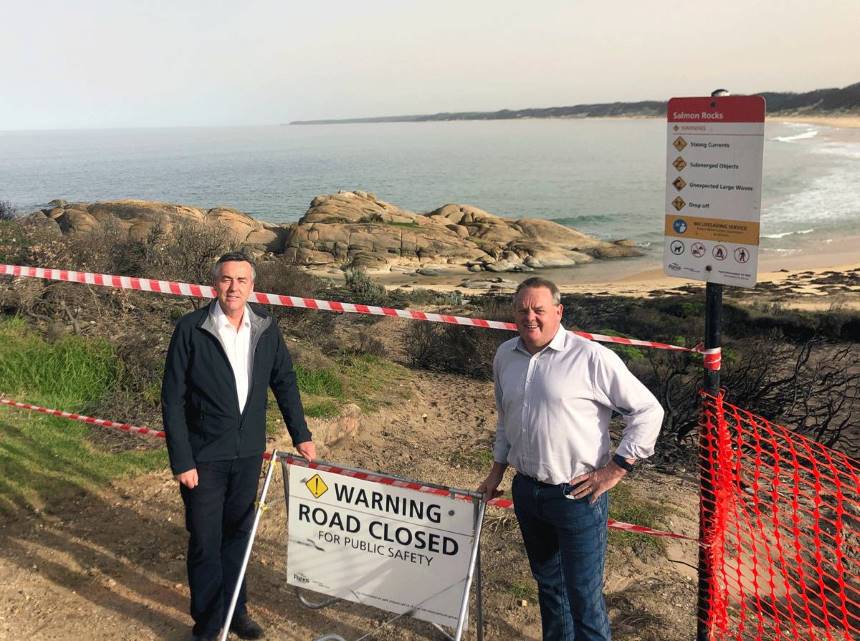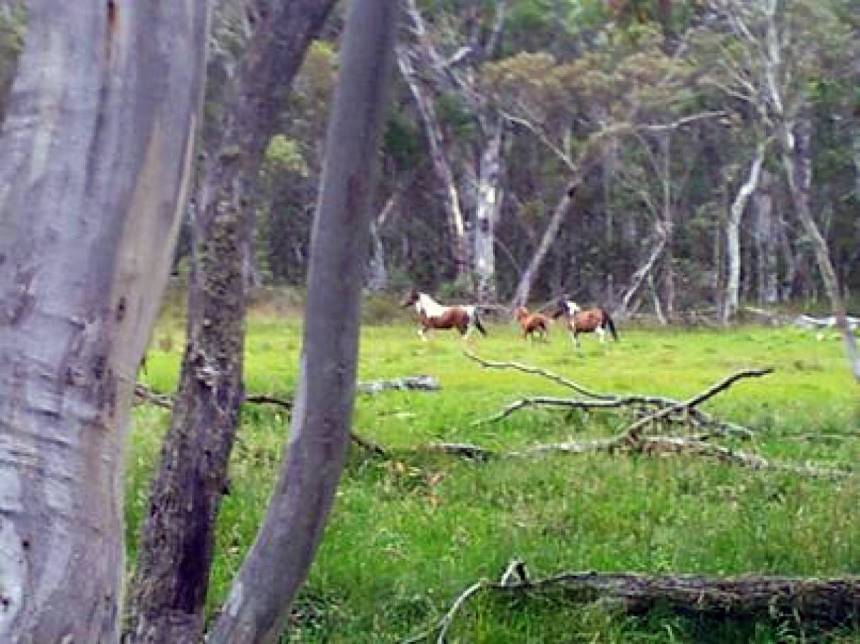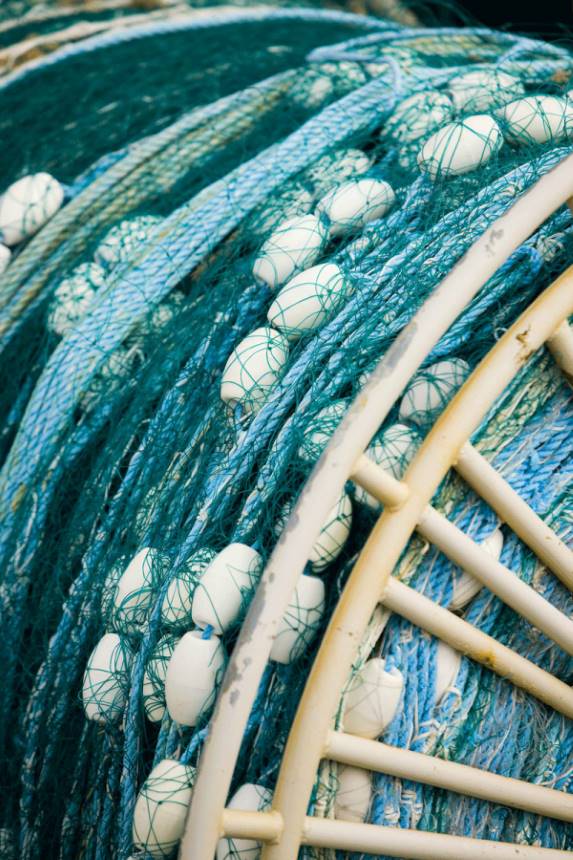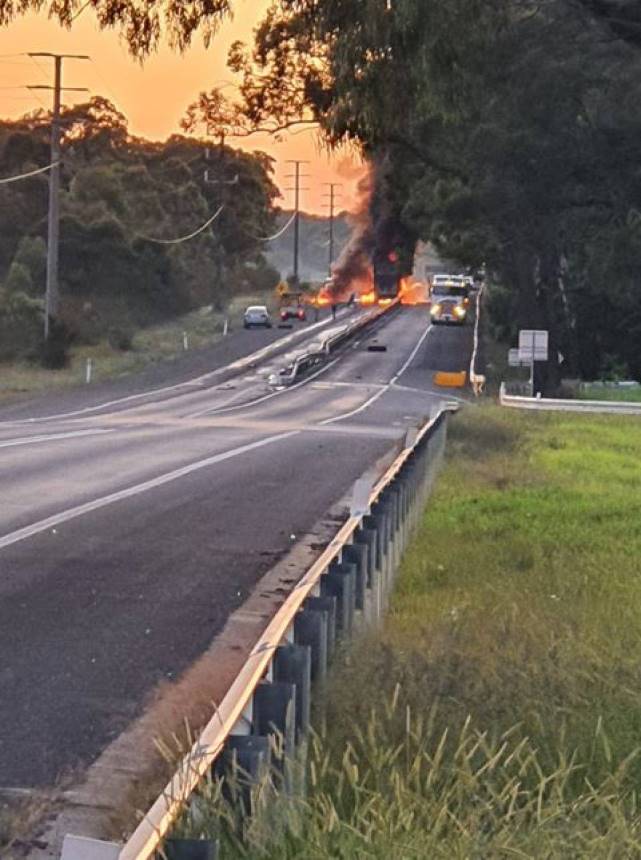Nats call for massive boost to Victorian manufacturing
East Gippsland should lead COVID tourism recovery
Bushfire recovery works need igniting
Brumby shooting program opposed
A Parks Victoria program to shoot eastern Victoria’s alpine brumbies is being opposed by Gippsland East Nationals MP, Tim Bull, who believes there are better ways to manage numbers.
A court challenge opposing the shooting of the horses was lost last week and the program is expected to commence later this month.
“Everyone understands brumby numbers require monitoring and at times control measures will need to be implemented, but this can be done – as it has successfully in the past – through capture and rehoming,” said Mr Bull.
“Brumbies have become part of our heritage and High-Country identity. They came here with the first fleet and ancestors of the modern-day brumbies accompanied our troops to the two World Wars as well as the Boer War in South Africa.
During World War One a large number of remounts used by our Light Horse troops came from our brumby population. Known as Walers, the horses that were bred in the wild proved to be calm and sure footed.
“Our brumbies have also become etched in Australian folklore with the likes of Banjo Paterson’s ‘The Man from Snowy River’.
“What I find interesting is estimations that there is a ratio of 300 feral sambar deer to one brumby and massive numbers of wild pigs causing far more damage, yet we have the Government focussed on the brumbies rather than pest species in greater numbers, causing greater problems and without a strong association with our heritage.
“If the government wants to focus on those species that are doing the most damage and posing the greatest risk, they should be looking at deer and pigs.
“Like many, I believe there is a better and more sensitive way to manage numbers, rather than shooting in the hope of a clean shot, which does not always occur.
“Of concern is the commentary that this shooting will take place at night in the High Country. Parks’ standard operating procedures for ground shooting of feral horses states the optimal period for ground shooting is during dry seasons or droughts, when horses are forced to congregate around areas with limited access to water and feed. However, at present conditions are damp and there is food and water in abundance.
“I question whether we are spending our dollars on the right species, whether we are controlling numbers in the best manner available and whether it is the right conditions to be undertaking this work.
“At the very least it certainly requires a rethink,” said Mr Bull.
Brumbies image courtesy of Brooks Joiner


